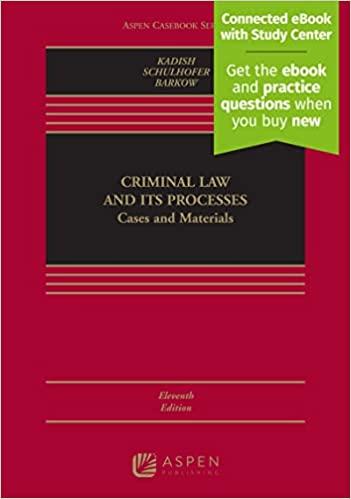Question
When Serena was dismissed without cause from her position as vice-president, she received only her entitlements under the Employment Standards Act, 2000. Her compensation package
When Serena was dismissed without cause from her position as vice-president, she received only her entitlements under the Employment Standards Act, 2000. Her compensation package was variable so, as required by the ESA, the employer averaged her last 12 weeks of employment in calculating her entitlements to statutory termination and severance pay. No bonus amounts were included in this calculation because she had not received a bonus in the previous 12-week period. In limiting Serena to her statutory entitlements, the employer relied on the termination clause contained in her employment contract. It read as follows: 18(c) In addition, the Employer may terminate this Agreement at its sole discretion for any reason, upon providing the Employee all payments or entitlements in accordance with the standards set out in the Ontario Employment Standards Act, as may be amended from time to time. 18(d) If at any time the Employer provides you with a bonus, it will not be included in the calculation of payment for the purpose of this Article or as otherwise agreed to or required by the Employment Standards Act. Serena sued for wrongful dismissal damages under the common law, arguing that the termination clause was unenforceable.
a. What legal argument might Serena use to say that this termination clause was unenforceable?
b. Do you think this argument would be successful? Explain your answer.
Step by Step Solution
There are 3 Steps involved in it
Step: 1

Get Instant Access to Expert-Tailored Solutions
See step-by-step solutions with expert insights and AI powered tools for academic success
Step: 2

Step: 3

Ace Your Homework with AI
Get the answers you need in no time with our AI-driven, step-by-step assistance
Get Started


